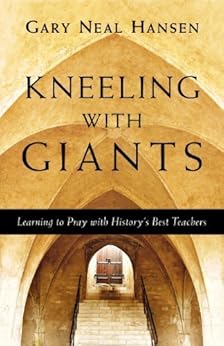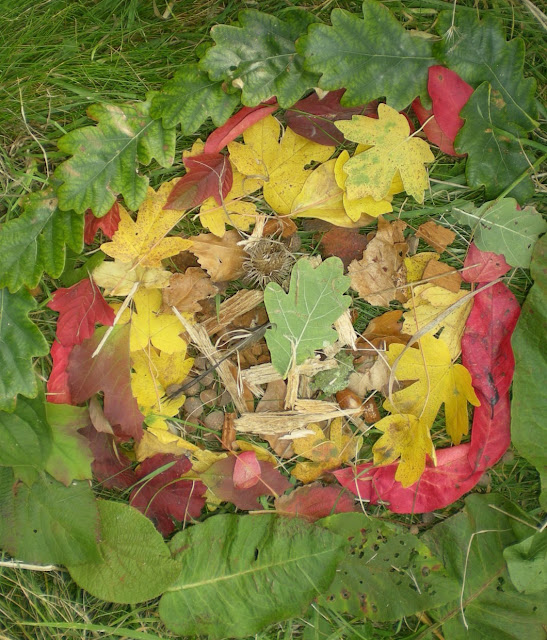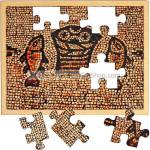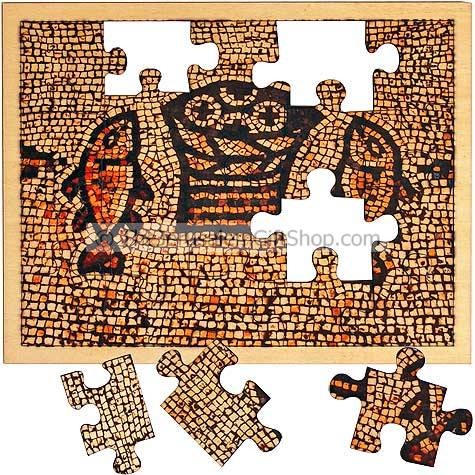
And the hours passed (or I assume they did—I never look the time during sleepless nights, it makes me more stressed) and I was still awake, and still furious.
Normally, when it cannot sleep, I welcome it as a playdate with God. I pray through my life, asking for wisdom and blessing and guidance in every area of my life. I pray over my involvements, activities, and future. I pray for everyone I care about.
Now all I could think was Roy’s terrible wrong-headedness (it was very late at night, remember!) I was too stressed to pray in tongues, which is what I often do late at night.
And I knew I was not repenting, not obeying Jesus’ command to forgive. But at that moment, I had not reached the emotional point of being able to forgive. I was still too outraged.
So how could I pray?
* * *
Turns out there is one prayer you can still pray when you have not reached the point of repentance, when you are still stuck in the quicksand of sin, and are longingly looking at heights, at the stars. One prayer we can always pray when we feel lost is the Jesus prayer,
Lord Jesus Christ, son of God, have mercy on me, a sinner.
Lord Jesus Christ, son of God, have mercy on me, a sinner, repeated again and again in tune with your breathing, until your pulses calm, the prayer prays itself in tune with your heartbeat, and you become the prayer and the prayer becomes you.
* * *
I went to a Festival of Prayer at Ripon Theological College, Oxford, earlier this month, which highlighted contemplative forms of prayer. A treat to find robed Franciscans and Benedictines wandering the campus; I started thinking of The Name of the Rose!
Anyway, I loved my seminar on the Jesus Prayer with Hugh Wybrew. He told us of The Pilgrim’s Tale, discussed more extensively in Gary Neal Hansen’s comprehensive book, Kneeling with Giants (which looks at the prayer practices of Benedict, Luther, Calvin, Ignatius, Teresa of Avila, with an eye to what we can learn from them).
The Pilgrim prayed the Jesus prayer through the day until “his life became so steeped in the Jesus prayer that he prayed it in his sleep. He woke to find his lips forming the words, over and over.”
The prayer was saying itself in his heart, the Spirit was praying it in his heart, the Jesus prayer had become embedded in him, was praying itself through him and in him.
It became “the unceasing, self-activating prayer of the heart,” “a self-igniting flame of prayer.”
* * *
When I come to the Jesus prayer, or, for that matter, to yoga, and begin to pay attention to my breathing, I am astonished at how short and quick it is, how rushed and intense I have been, though I have not been aware of it.
The Jesus prayer is a way, as Hansen says, of drawing the intellect into the heart, of stilling both mind and body through long slow breaths breathed in tune with the prayer, of approaching God in worship with one’s whole self, mind, spirit and body.
I pray it when I am stressed, when I want to calm down, or as a prelude to prayer. I pray it when I am too anxious or distracted or tired or sleepy to pray coherently
I pray it when I need more of God’s mercy, and that is my deep desire, undeserving, impulsive me, so prone to selfishness, so prone to sloth: Mercy.
And who of us does not stand in need of more of God’s mercy?
Lord Jesus Christ, son of God, have mercy on me a sinner.



 Martin Luther, the catalyst of the Protestant Reformation, needed a shave. And his barber, like the one I had when I had hair, liked to talk. Master Peter the Barber’s question was something like “Dr. Luther tell me: how can I improve my prayer life?”
Martin Luther, the catalyst of the Protestant Reformation, needed a shave. And his barber, like the one I had when I had hair, liked to talk. Master Peter the Barber’s question was something like “Dr. Luther tell me: how can I improve my prayer life?”









